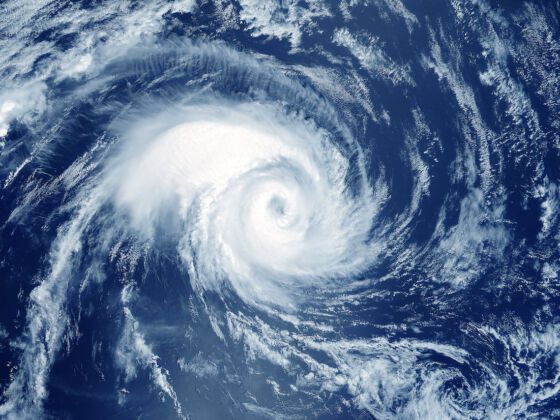Nearly one year ago, in a corner of Doha, thousands convened for the 18th Convention of the Parties to the United Nations Framework Convention on Climate Change. When one man stood to leave the room, youth delegates lined the aisle. They stood silently until he reached them, and then they began to clap.
Naderev M. Saño, the head of the Filipino delegation, bowed his head. When the clapping stopped, youth delegates from around the world stood in line to give him a hug, to lean in and say a few words. There were so many things I wanted to say, but when he reached me, I gave him a hug and said the only thing I could. “Thank you.”
